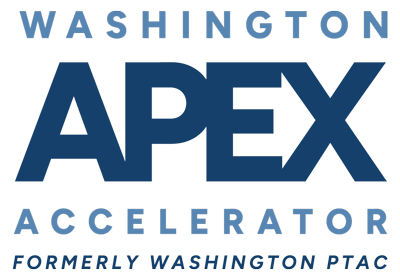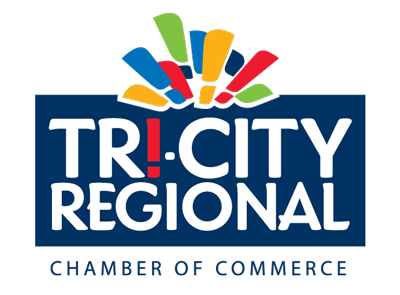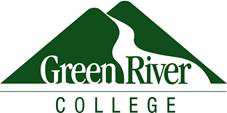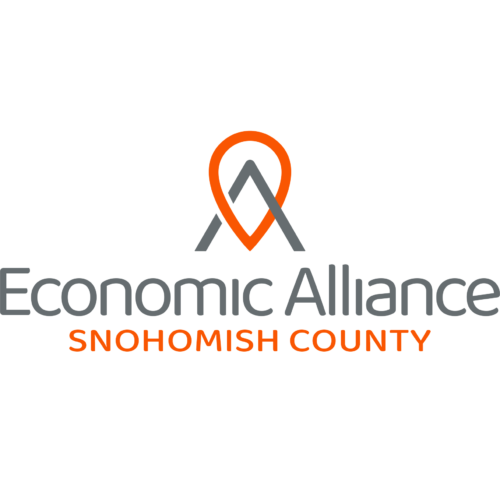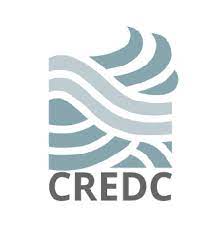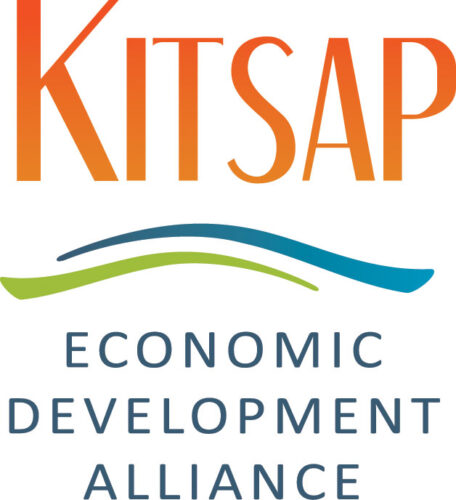On October 30, 2020 the FDA published a list of essential medicines, medical countermeasures, and critical inputs as required by President Trump’s August 2020 Executive Order on Ensuring Essential Medicines, Medical Countermeasures, and Critical Inputs Are Made in the United States (Executive Order 13944), which required the U.S. government to purchase “essential” medicines and medical supplies produced domestically, rather than abroad. We previously wrote about this Executive Order in August (available here), expecting that once the list was issued, government agencies would begin implementing the “Buy American” priorities for these products and materials. The FDA has identified around 227 drugs and 96 devices, along with their respective critical inputs or active ingredients, that the FDA believes “are medically necessary to have available at all times” for the public health. Agencies across the federal government should now begin making non-competitive awards “to the maximum extent permitted by law,” for drugs and medical supplies on this list that are produced in the United States. We have yet to see how agencies will implement these requirements in regulations or class deviations, but publication of this list is an important first step in implementing the rest of the “Buy American” priorities in the Executive Order.
The new list is titled, “Drug and Biologic Essential Medicines, Medical Countermeasures, and Critical Inputs for the List Described in Section 3(c) of the Executive Order 13944.” But that’s a mouthful; so we’re just going to call it “The List,” even though it may be updated from time to time. Along with The List, the FDA published the criteria it used to select items for inclusion. At a high level, these criteria include the following:
- The drugs are those most needed for patients in acute care medical facilities (receiving short-term treatment for severe injuries or illnesses, and urgent medical conditions).
- The medical countermeasures are those the FDA anticipates will be needed to respond to future pandemics, epidemics, and chemical, biological, and radiological/nuclear threats; The List targets medicines for the widest populations to have the greatest potential impact on public health.
- The critical inputs are active ingredients of essential medicines and medical countermeasures, as well as ingredients or components that possess unique attributes essential in assessing the safety and effectiveness of those products.
- The device/medical countermeasure list is primarily comprised of diagnostic testing kits and supplies for rapid test development and processing, PPE (personal protective equipment), devices for monitoring vital signs, devices for vaccine delivery, and devices for management of acute illnesses (like ventilators).
The List is currently open to public comment, though this likely will not delay agency implementation.
The List is just the first step in implementing Executive Order 13944, and agencies across the government now must move forward as set forth in the Order. By the end of November 2020, the U.S. Trade Representative is required to modify all free trade agreements to exclude coverage of items on The List. The Department of Defense has until the end of the year to identify its own list of essential medicines. Agencies already should have started studying and implementing procurement strategies to help strengthen U.S. manufacturing capabilities. But now that they have The List, the agencies will be better able to focus their efforts and attention on mobilizing domestic production of these specific items. This includes the FDA accelerating approval and clearance of domestically produced medicines and countermeasures, and it may also include contract awards to specific vendors to speed up domestic production.
As a reminder, to qualify as “produced in the United States”:
- The Critical Inputs, including the active pharmaceutical ingredients, used to produce the “Essential Medicines” or “Medical Countermeasures” must be produced in the United States; and
- The finished drug or device must be manufactured, prepared, propagated, compounded, or processed in the United States.
Depending on the results of the presidential election, some of the requirements contemplated in the Executive Order could take considerably longer to implement or may never materialize at all. But the way we see it, it is unlikely that the “Buy American” requirements will be undone regardless of who wins the election. Now that The List has provided a clearer picture of who the stakeholders are and what items the government seems to care about the most, pharmaceutical and medical device companies should move forward with efforts to understand their supply chains and how they might benefit from moving to domestic supply and production.
Syndicated from Sheppard Mullin

